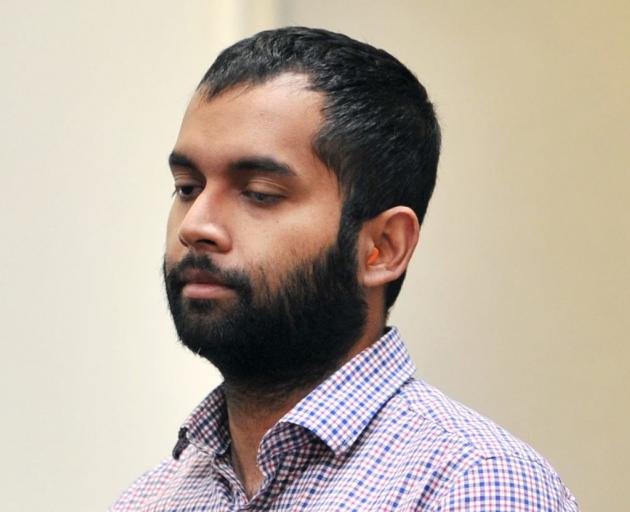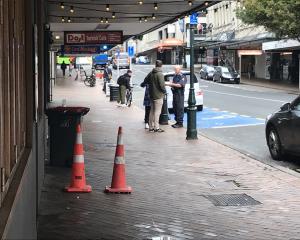
The Court of Appeal yesterday took the rare step of stating it was satisfied the evidence in the case proved doctor Venod Skantha's guilt beyond reasonable doubt.
In a 44-page decision roundly dismissing the appeal, the court upheld Skantha’s convictions for murdering the teen in 2018, and for threatening to kill four people to secure the silence of a witness.
"It is not necessary that we form our own view of Mr Skantha’s guilt but we have done so; we are satisfied that the evidence proved his guilt beyond reasonable doubt," the court said.

He was later sentenced to life imprisonment with a minimum non-parole period of 19 years.
Amber-Rose said she was going to police and the defendant’s Dunedin Hospital bosses with allegations of sexual assaults and providing alcohol to minors.
The court heard at trial that Skantha’s job was already in jeopardy after he had been given a final warning for serious misconduct — the new claims would likely have ended his career, Justice Gerald Nation said.
Skantha appealed the convictions on multiple grounds, including that the Crown’s key witness could actually have been an accomplice and therefore the jury should have been warned that his evidence could be unreliable.
Skantha’s lawyer, Jonathan Eaton QC, argued that the summing-up was unbalanced and unfair, claiming the judge improperly took on the role of prosecutor.
Other grounds included that some evidence brought to trial should have been inadmissible, and that the judge was wrong to warn the jury not to attach significance to the key witness' demeanour when he was giving evidence, and when he gave his police interview.
The court found that while Mr Eaton mounted a "wide-ranging and thorough" challenge to the conduct of the trial and the summing-up, it was not persuaded that there were any material errors.
"Those we have identified were not sufficiently serious, even in combination, to create a real risk of a different outcome."
Amber-Rose’s father, Shane Rush, yesterday said he was relieved by the decision after a nerve-racking few months.
"It does make it hard when you realise there are so many options out there for these guys," he said.
"For three years we’ve had to endure trial and appeals and appeals."
One of the hardest things for the family was the lack of remorse shown by Skantha, he said.
"I’ve seen my family collapse, implode. It’s just really hard."
Mr Rush would be in his 60s when Skantha became eligible for parole, and knowing he had that hanging over his head for all that time was tough, he said.
"I don’t really want to be stressing for the next few years, because it’s only taking time away from me and my family."











